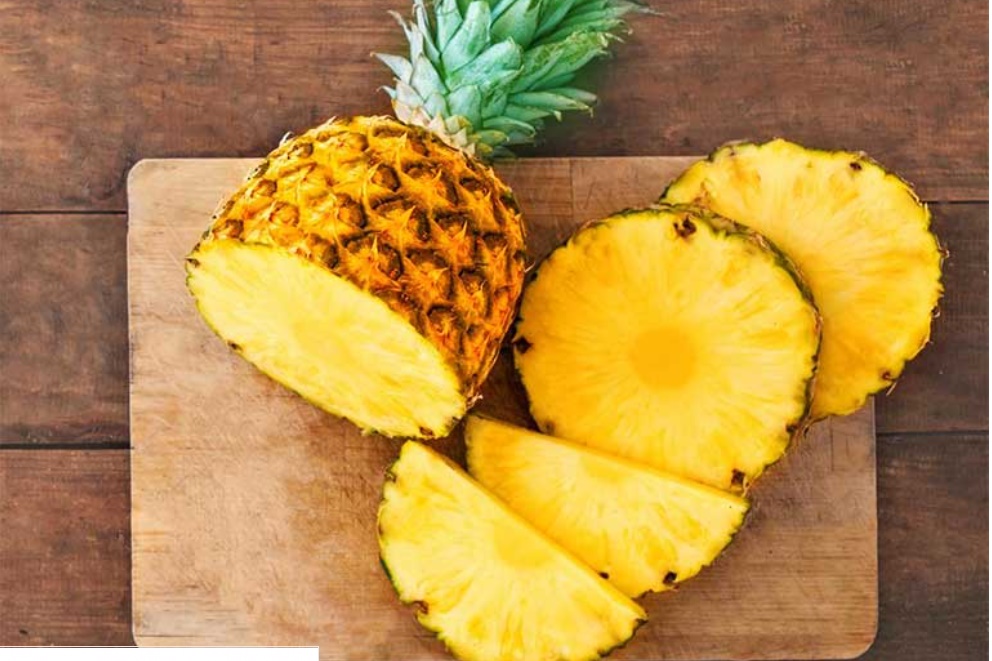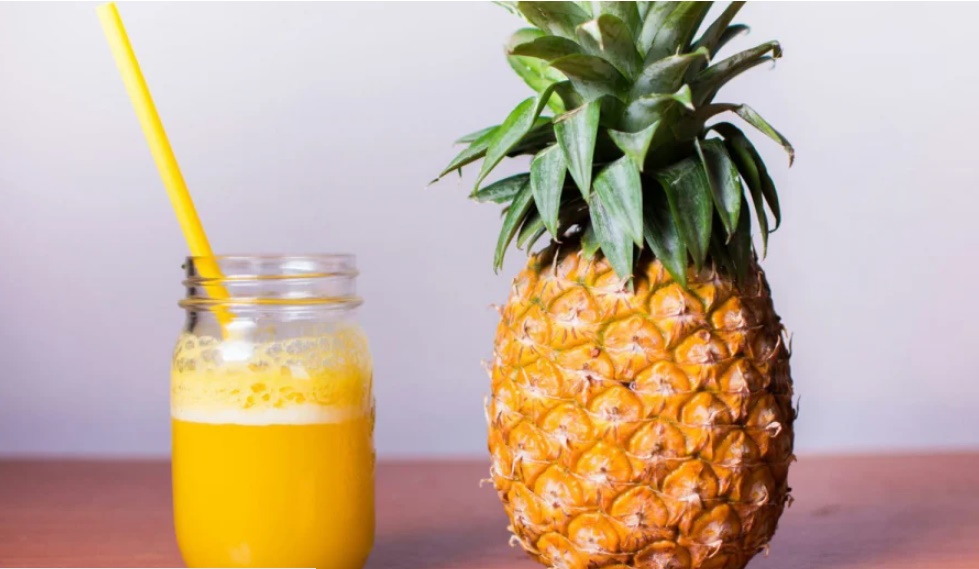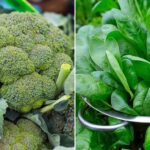Why Does Eating Pineapple Cause a Burning Sensation in the Mouth?
Pineapple
is a familiar fruit to Vietnamese people. It can be consumed fresh, blended into juices, or used in stir-fries. This fruit has a pleasant sweet and sour taste. However, eating too much pineapple can cause a burning sensation in the mouth, especially on the tongue, cheeks, and lips, which may lead to bleeding. These symptoms usually subside on their own without treatment after stopping pineapple consumption.
The burning sensation is caused by bromelain, a mixture of digestive enzymes found in pineapples, which is present in higher concentrations in the core and peel. While bromelain has anti-inflammatory properties and is beneficial for health, it can irritate sensitive areas like the mouth’s mucous membranes.

How to Reduce the Burning Sensation when Eating Pineapple
To minimize the burning sensation, it is recommended to not only peel and remove the eyes of the pineapple but also cut off and discard the core, as it contains high levels of bromelain. Soaking the peeled pineapple in a dilute salt water solution for about 10 minutes is another effective method. The salt water inhibits the protein-degrading enzymes in the pineapple, reducing the burning sensation. This method also helps prevent the fruit from turning brown.
Rinsing the pineapple with dilute salt water and then stir-frying or cooking it can also alleviate pineapple allergies. This method is useful for the elderly, children, sensitive individuals, or those with food allergies.

Some Things to Keep in Mind when Eating Pineapple
When purchasing pineapples, choose fresh, intact fruits. Ripe pineapples have a distinctive aroma, and their green skin will have turned yellow. If the pineapple is still green, place it upside down on a kitchen shelf for a few days to allow it to ripen and turn yellow or orange.
When peeling a pineapple, remove all the eyes and the outer skin. People prone to nosebleeds, dengue fever, or women experiencing menorrhagia should avoid consuming pineapple.
Additionally, it is advisable not to eat pineapple on an empty stomach, as the organic acids and bromelain in the fruit can irritate the stomach lining and cause discomfort.
Source: Khoevadep





































